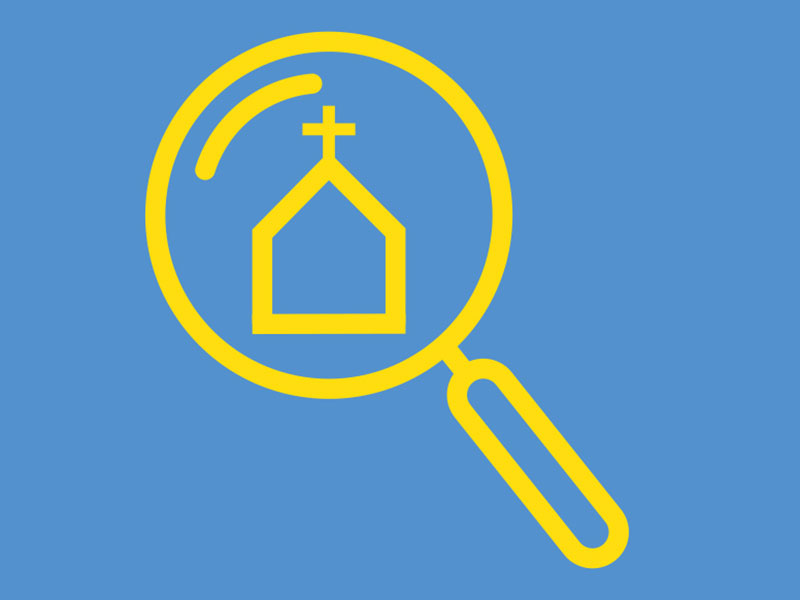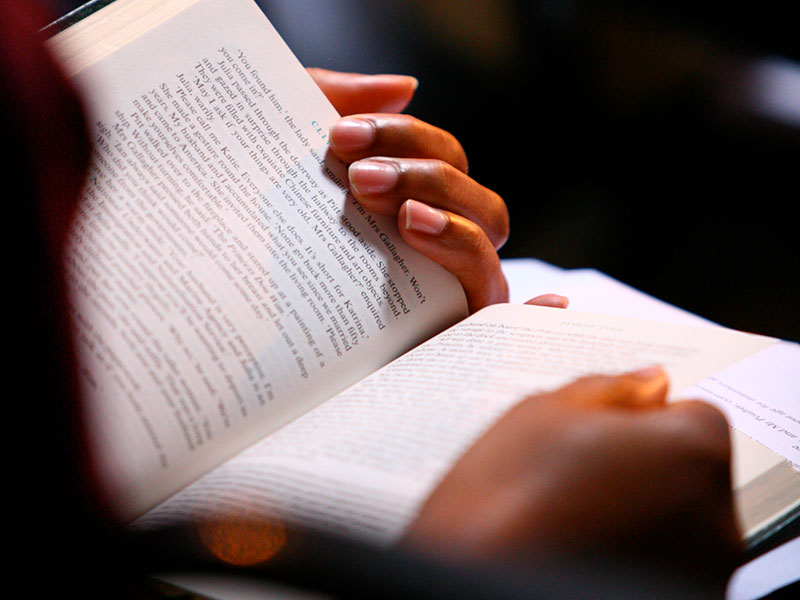Lent and Easter
For God so loved the world that he gave his only Son, so that everyone who believes in him may not perish but may have eternal life. John 3:16
What is Easter?
Easter is the most important festival in the Christian calendar and is celebrated by millions of people around the world. It is a time when we commemorate the crucifixion of Jesus on the cross and then celebrate his resurrection three days later.
This gives us Good Friday and Easter Sunday – the first is usually a solemn day the second a joyous celebration.
Why is it so important?
One of the fundamental doctrines of Christian faith is that Jesus Christ, after an agonising death on the cross, was raised from the dead and appeared to his disciples. The resurrection was the seal that God and humankind were reconciled with each other, that sin was forgiven and that God had reordered creation back to God’s original intention.

A Saviour on a Cross
Jesus on the cross is all about salvation – our salvation.
In the Bible the salvation of God is often spoken of in terms of putting right or making just. How does God put things right with us? The message of the Christian gospel is that he does so by forgiving us, by renewing us and by starting to restore us to full humanity.
Through the forgiveness of sins, God ensures a right relationship between God and human beings. Having been put right, we experience what it means to be at peace with God:
‘Therefore, since we have been justified through faith, we have peace with God through our Lord Jesus Christ, through whom we have gained access by faith into this grace in which we now stand’ (Romans 5:1-2).
There is a cost to this restoration. The profound, unsettling, and even scandalous response of Scripture is that it was the gift of God’s one and only son:
For God so loved the world that he gave his one and only Son, that whoever believes in him shall not perish but have eternal life. (John 3:16)
With the whole Christian Church, the United Reformed Church believes that Jesus Christ died on the cross to forgive human sin.
Easter Prayer
Roll the stone away, O Most High,
as You did in the garden so long ago.
Roll the stones away that drag us down, O God:
the addictions that trap us,
the resentments that poison us,
the guilt that embitters us.
Roll them away, O God.
Roll the stones away that oppress us, O God:
the love of money that corrupts us,
the admiration of dictators which disempowers us
the hollowing out of our politics which devalues us.
Roll them away, O God.
Roll the stones away that are killing us, O God:
the degradation of the earth which never sates us,
the closing of our hearts, homes, and borders which never protects us,
the transfer of wealth from the poor to the rich which never saves us.
Roll them away, O God.
Roll the stone away, O Most High,
as You did in the garden so long ago.
Amen.

The Easter Timeline
(hover or click the image to reveal more information)

Shrove Tuesday
Shrove Tuesday marks the end of Shrovetide and the start of Lent. We celebrate with pancakes and by burning last year’s palm crosses from Holy Week.

Ash Wednesday
Ash Wednesday is the first day of Lent and at services you might have the sign of the cross marked on your head from the ashes of the burnt palm crosses.

Lent
Lent is a 40-day period (excluding Sundays) before Easter. Many give something up, reflecting Jesus’ fasting in the desert before his ministry.
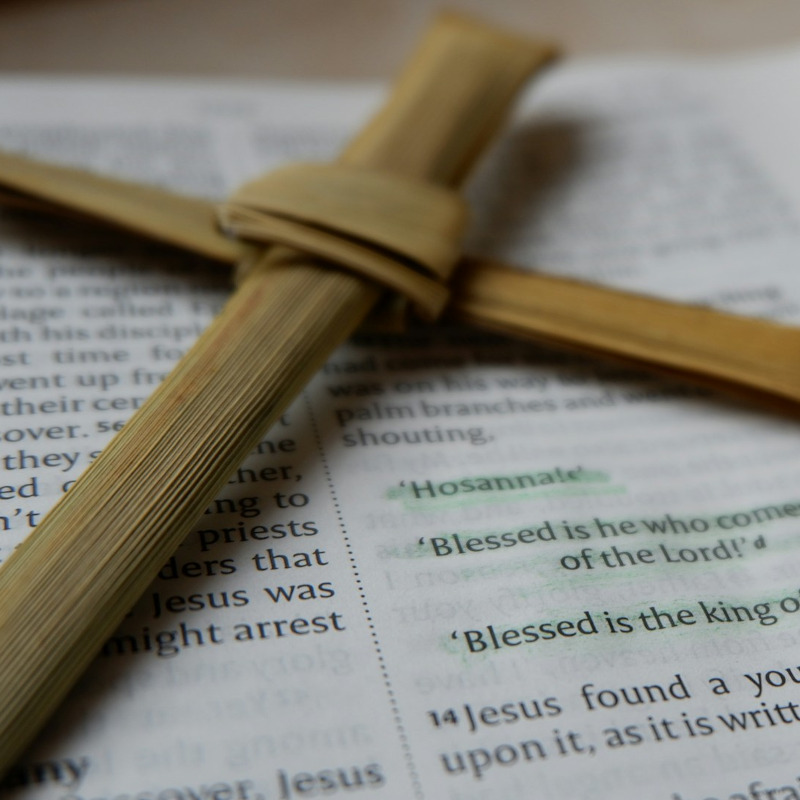
Holy Week
Holy Week is the final week of Lent before Easter. It starts on Palm Sunday which marks Jesus' triumphant entry to Jerusalem.
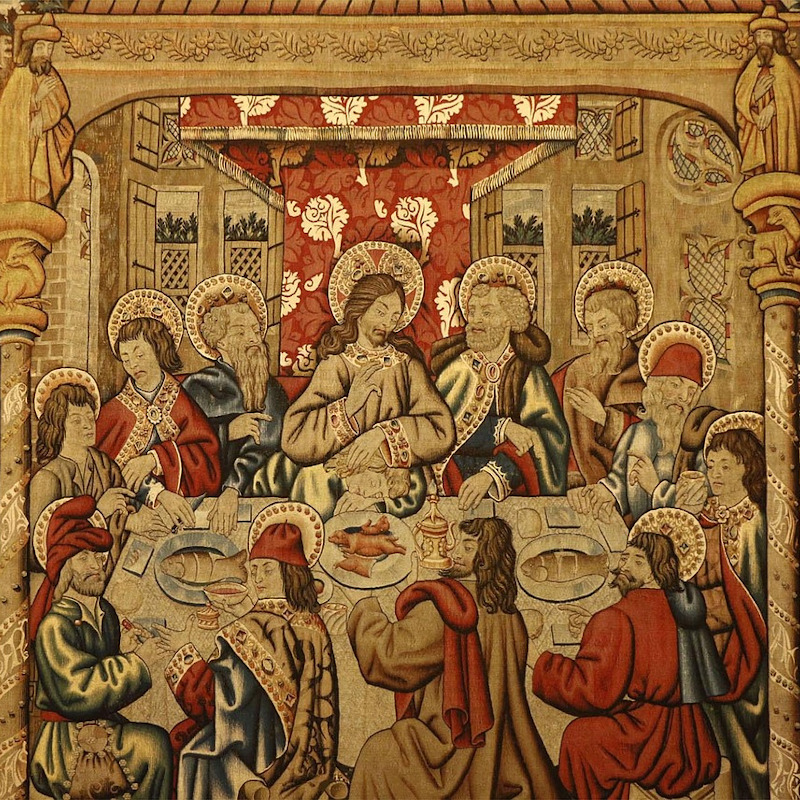
Maundy Thursday
Maundy Thursday, the day before Good Friday, marks Jesus’ Last Supper with his disciples. 'Maundy' comes from the Latin mandatum, meaning commandment.
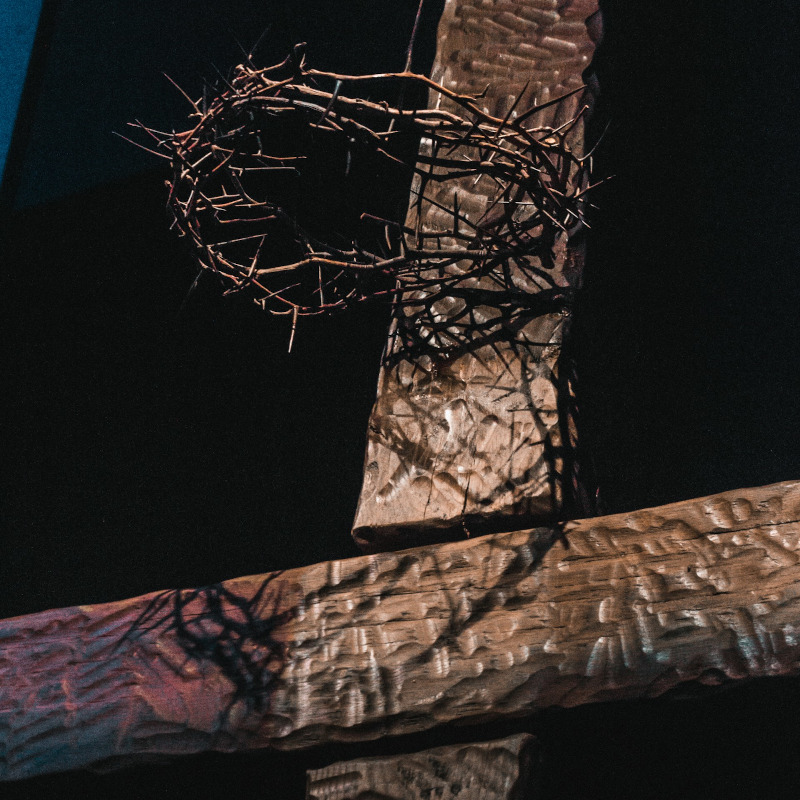
Good Friday
On Good Friday Christians remember the crucifixion of Jesus. 'And when Jesus had cried out again in a loud voice, he gave up his spirit.' Matthew 27:50

Easter Sunday
Easter Sunday celebrates the resurrection of Jesus, the empty tomb marking Jesus' victory over death. He is risen indeed, hallelujah!

Ascension Day
Ascension Day, 40 days after Easter, marks Jesus’ ascent to heaven: ‘While he was blessing them, he left them and was taken up into heaven.’ (Luke 24:51)

Pentecost
Pentecost (Whit Sunday where we get Whitsun from) is the 50th day after Easter Day. It commemorates the Holy Spirit descending upon the Apostles.
Delve Deeper
Find a Church
Search our database to find a church near you this Easter
Daily Devotions
Sign up to Daily Devotions and receive a reading, reflection and short prayer each morning by email.
Sunday Services
Listen to our Sunday Services online on Soundcloud
Easter and Lent Resources
View our range of Easter and Lent resources at the URC shop.

